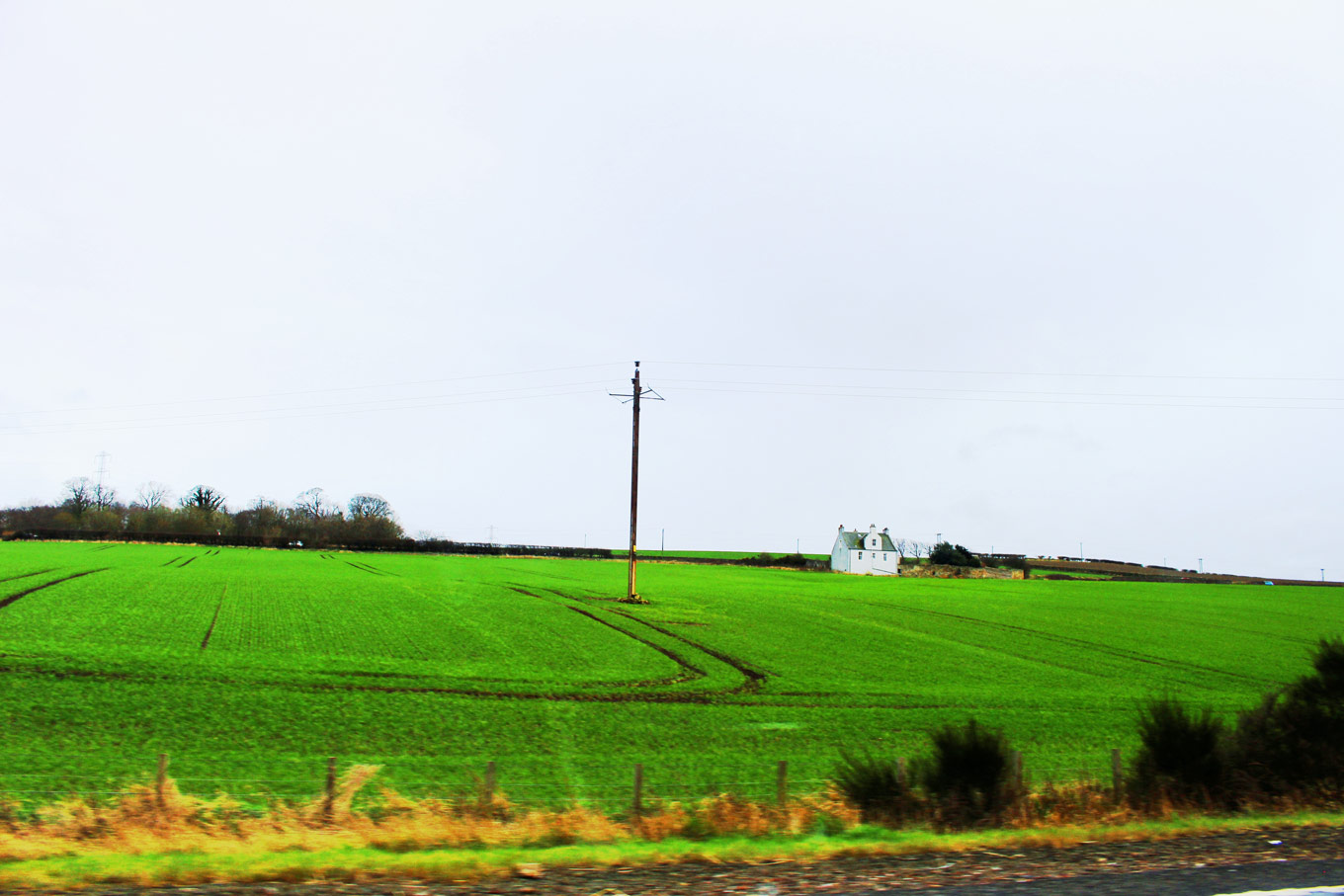
Inspiration: seeing it for oneself
Op-edThere is a bird here in London, that frequents the balcony outside where we often write. What kind of bird, we’re not sure. (“Non ho studiato ornitologia.”) But it makes some of the coolest little twitters and chirps, including a common phrase that sounds like that stereotypical whistle that men use to catcall women on the street, but slightly sped up, old-film style.
It seems like a small thing, but this little bird was a bit of a lightbulb moment for us, on the topic of art music coming from various places in the world. The wildlife sounds different here, different in a way that represents environment and its resulting artistic inspiration. This little bird dude is British, yes, but he makes us think of Messaien, and all of his painstaking capturing of French bird-songs that he imitates in his music. Listening to Messaien’s birds, or Smetana’s Moldau-river-inspired string motions, or the sparse, stagnant Argentian heat found in the songs of Ginaestera, always seemed charming, but perhaps a bit vague. Not vague, actually: exaggerated. Canadian birds don’t sing with the kind of colour that you can hear in Messaien’s French fowl, and our lakes don’t move with the same direction as the Danube river.
It’s funny how imagination is strengthened by experience. Here in Britain, we’ve seen grassy hills, greener than ever seemed possible in real life, and populated with the cutest, shaggiest sheep you’ve ever seen. The Thames river is a heavy, looming landmark that’s rarely blue, and it swerves and veers through the middle of London in a way that’s unmistakable on a map. All these things we know from photos, film, television, and tales from friends’ travels, but of course, all of that remains slightly hypothetical without seeing it for oneself.

That impossible green of the English countryside makes new sense of the rich, warm harmonies in the music of Ralph Vaughan Williams and Roger Quilter, and London’s strong, looming architecture gives fresh meaning to Edward Elgar. The endless personalities found in the sing-song of all the spoken English accents are an easy reason for Benjamin Britten’s specificity of character in his songs and operas. And the birds, their foreign and charming sounds stand as representatives for all the possibilities of “different from home”.
Of course, these composers have imagination, and their music could fool us into believing they’ve experienced sights and sounds that they only read about in books. But after hearing the fruits of inspiration by the nature in various corners of the world, and then seeing the source of all that inspiration for oneself, isn’t it lovely to know that the “exaggerated” way composers represent the world around them, isn’t so exaggerated after all?


Comments